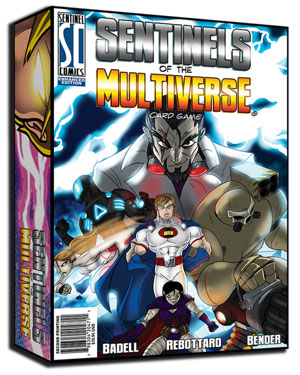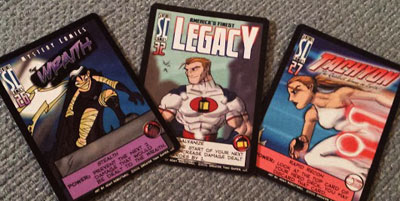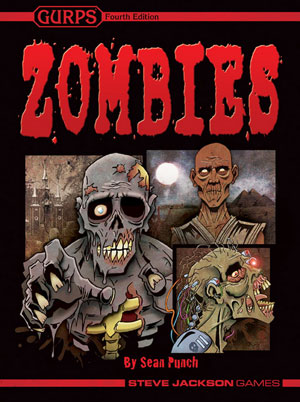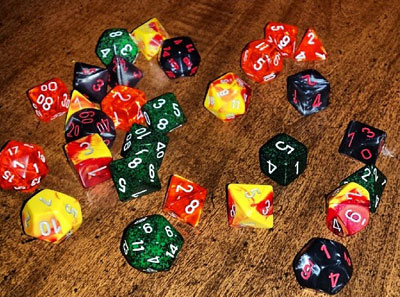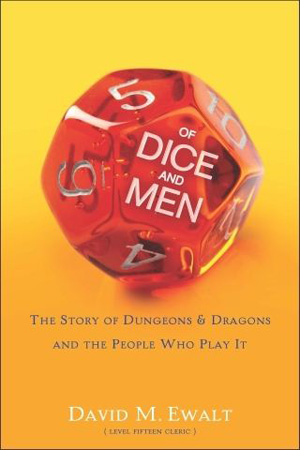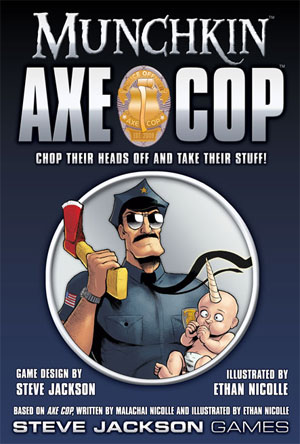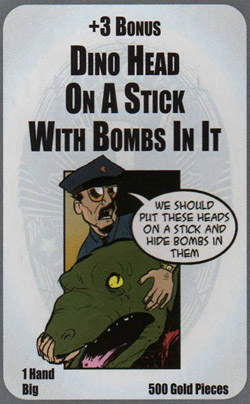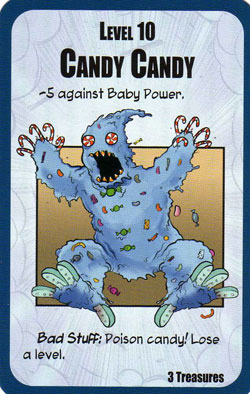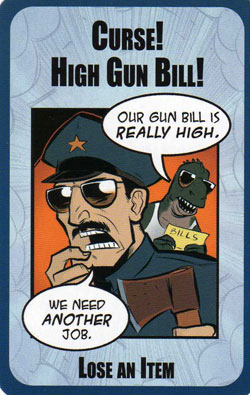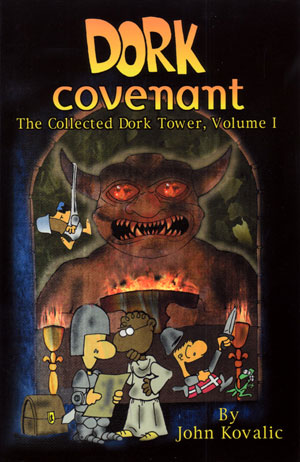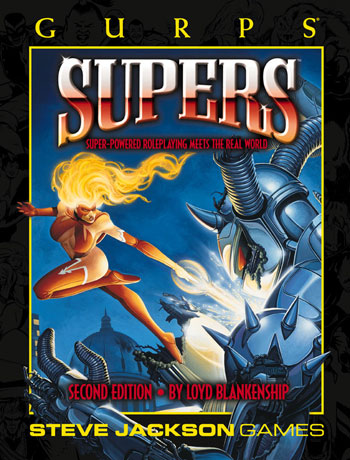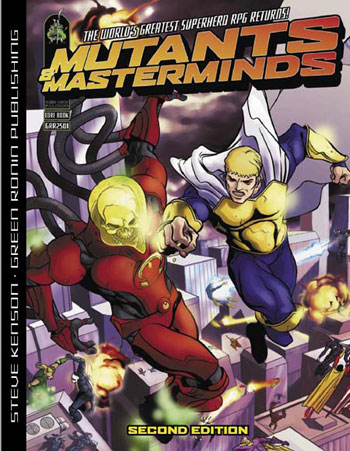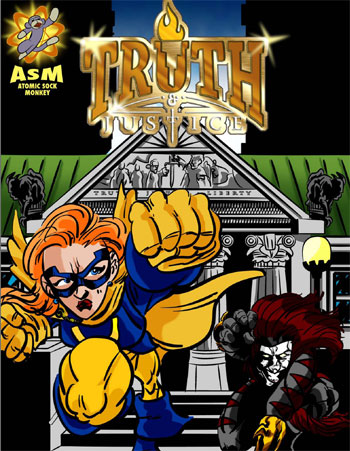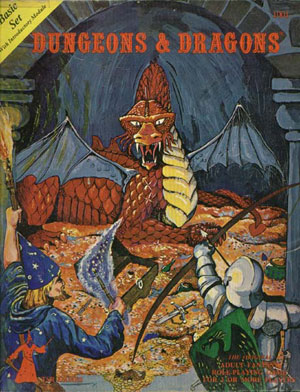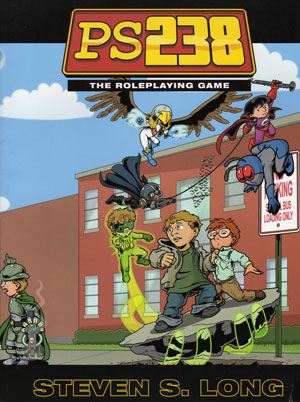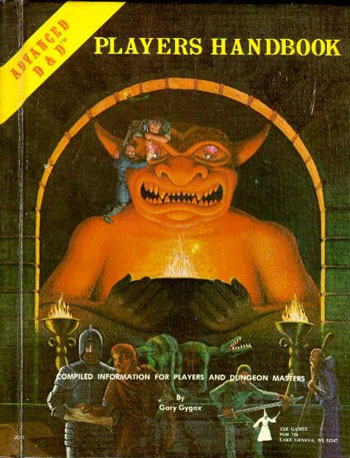Holiday Gift Bag: Sentinels of the Multiverse
Still more time for some great holiday gift recommendations! Today, we’re heading over to the gaming side of the store so we can look at Sentinels of the Multiverse!
This is a cooperative card game by Greater Than Games, where a team of superheroes battles a supervillain, usually in a wildly chaotic setting. Each player has their own small deck of cards controlling a single superhero, while the villain and the setting itself also have their own decks, but no one plays them — their cards are automatically flipped during each turn. The villain usually has a ton of hit points — way more than any of the heroes — so you’ve got to whittle them down while preserving your heroes and trying to prevent the bad guys from getting to their own victory points.
You’re not playing generic heroes either — you get comic-style art on every card and usually some little bit of flavor text that helps create a real personality for the character. And each of them have their own special roles they bring to the fight. You’ve got the Superman-esque Legacy, who specializes in absorbing damage. You’ve got the battlesuit-wearing Bunker, who lays down the firepower. You’ve got the Wraith, a jill-of-all-trades vigilante who can damage enemies and support allies. You’ve got the technokinetic Unity, who creates robot minions. And you’ve got a heck of a lot more than that, too.
Now, they’re not in every version of the game. The main game features 10 heroes, four villains, and four different environments, ranging from the big city to a Mars base to a dinosaur-filled jungle. There are several other expansion sets — Rook City, Infernal Relics, Shattered Timelines, and Vengeance — all with new heroes, villains, and environments to play in. You can set up a pretty vast variety of super-battles with every combination of good guys vs. bad guys.
Verdict: Thumbs up. There are a slowly growing number of superhero board and card games out there, but this is the one that originally led the pack, and nothing yet has managed to top it.
It’s really great how varied every game can be. Sometimes you’re dealing with a villain who can drop untold mini-minions on you, sometimes with a straight-up brute, sometimes with someone with a special victory condition that means you have to avoid attacking them directly.
The variety of abilities that your heroes get are also very impressive — some healers, some gadgeteers, some bricks, some blasters. And even when one hero gets knocked out, they’re still able to contribute. They may not be able to play cards and powers, but even defeated, the heroes have special abilities that provide small benefits to their allies. It lets everyone contribute, even if only in small ways, so they’re not sitting around bored watching their friends play.
It’s also very cool how strong the comic-book flavor comes across in this game. A lot of it is the art, the quotes, and the flavor text on the cards. These aren’t just cards, with attacks and debuffs and heals — they’re heroes with great one-liners, victories and defeats, and even their own (fictional) comic series. The game publisher has even created a few promotional comics starring the characters — and it would be pretty keen if there was a regular series about the heroes, too.
About the roughest thing about the game is that it can get a bit predictable after a while. Sometimes, you’ll recognize certain attacks by the villains, and everyone playing will immediately know what to do to counter the danger. Once this happens a few times too many, a lot of the suspense starts to leave the game. I’ve found that it sometimes helps to assign the heroes randomly, so everyone sometimes has to deal with a powerset they’re not accustomed to. Of course, this can sometimes stick you with a bunch of healers instead of damage-dealers, which is also a bit less than ideal.
Long story short: It’s a really fun game for anyone who loves superheroes. And you can buy the game for a friend — and then you can play it, too! A true win-win situation! Go pick it up!
Comments off

